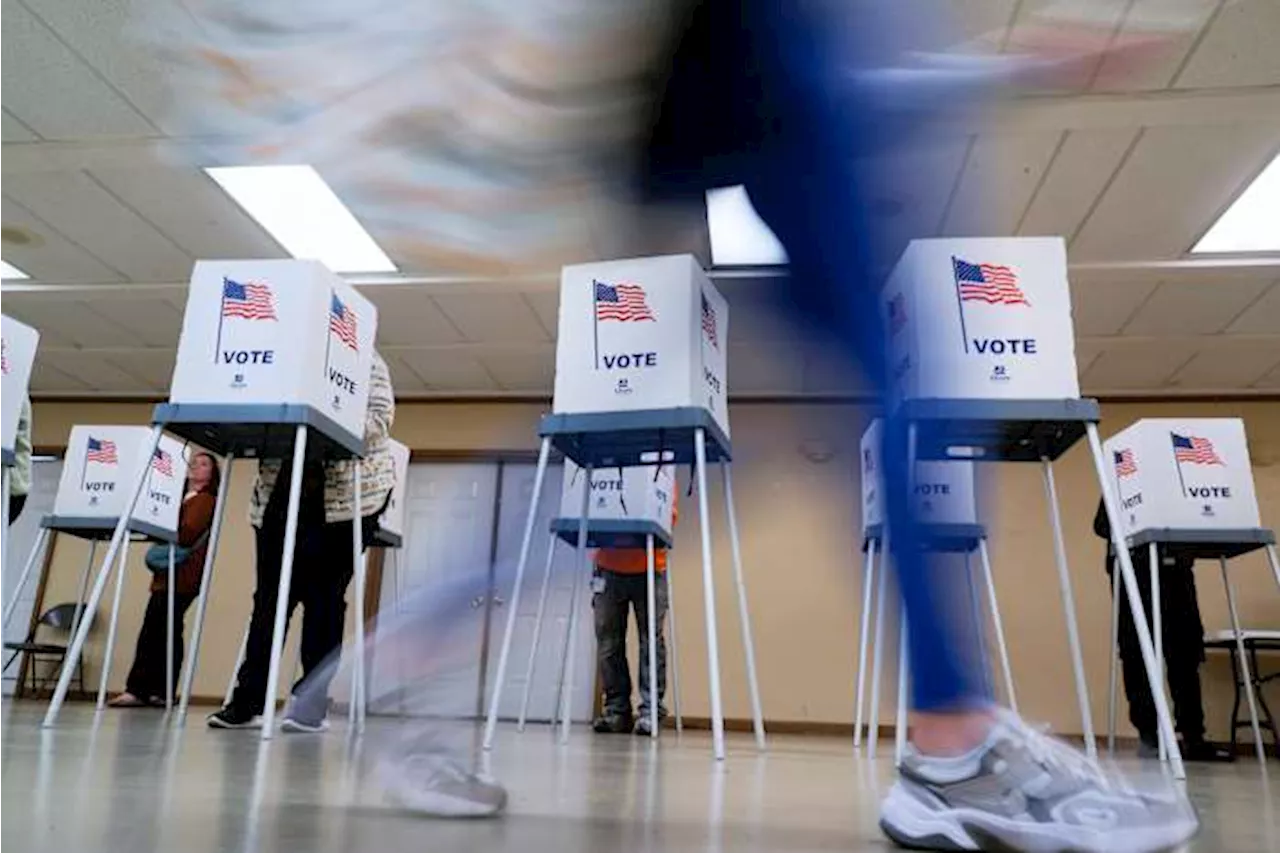The US population is moving South, potentially impacting the balance of power in Congress and the White House. Democrats face a challenge winning in this region, which could have significant consequences for the future of the party.
Demographic shifts within the United States are presenting a significant challenge to the Democratic party. As the population grows in the South, driven by factors like warmer climates, lower taxes, and plentiful job opportunities, political influence is shifting away from traditionally Democratic states in the Northeast and Midwest.
Projections based on recent population trends indicate that Democrats could lose substantial House seats in the 2024 census, potentially hindering their ability to control Congress.Specifically, the Brennan Center for Justice, a left-leaning think tank, forecasts a loss of 12 seats for Democratic-leaning states, while the American Redistricting Project, which leans right, predicts a loss of 11 seats. These projections reflect a decades-long trend of population movement towards the South and inland West. States like California, Illinois, New York, and others are projected to lose representation, while states like Florida and Texas are expected to gain significantly. This shift in demographics could have a profound impact on the balance of power in Congress and the White House.The implications for the 2024 presidential election are particularly noteworthy. If the projected population shifts were in place during the 2020 election, Trump's electoral college victory margin would have been even larger. Conversely, Biden's victory would have been more narrow. To remain competitive, Democrats will likely need to make inroads in Southern swing states like Arizona, Georgia, and North Carolina, or attempt to reverse the Republican trend in Florida. The party's success will depend on its ability to adapt to these demographic changes and effectively mobilize voters in key regions.
Demographics Politics United States Democrats Republicans Census Electoral College Southern States Swing States
United States Latest News, United States Headlines
Similar News:You can also read news stories similar to this one that we have collected from other news sources.
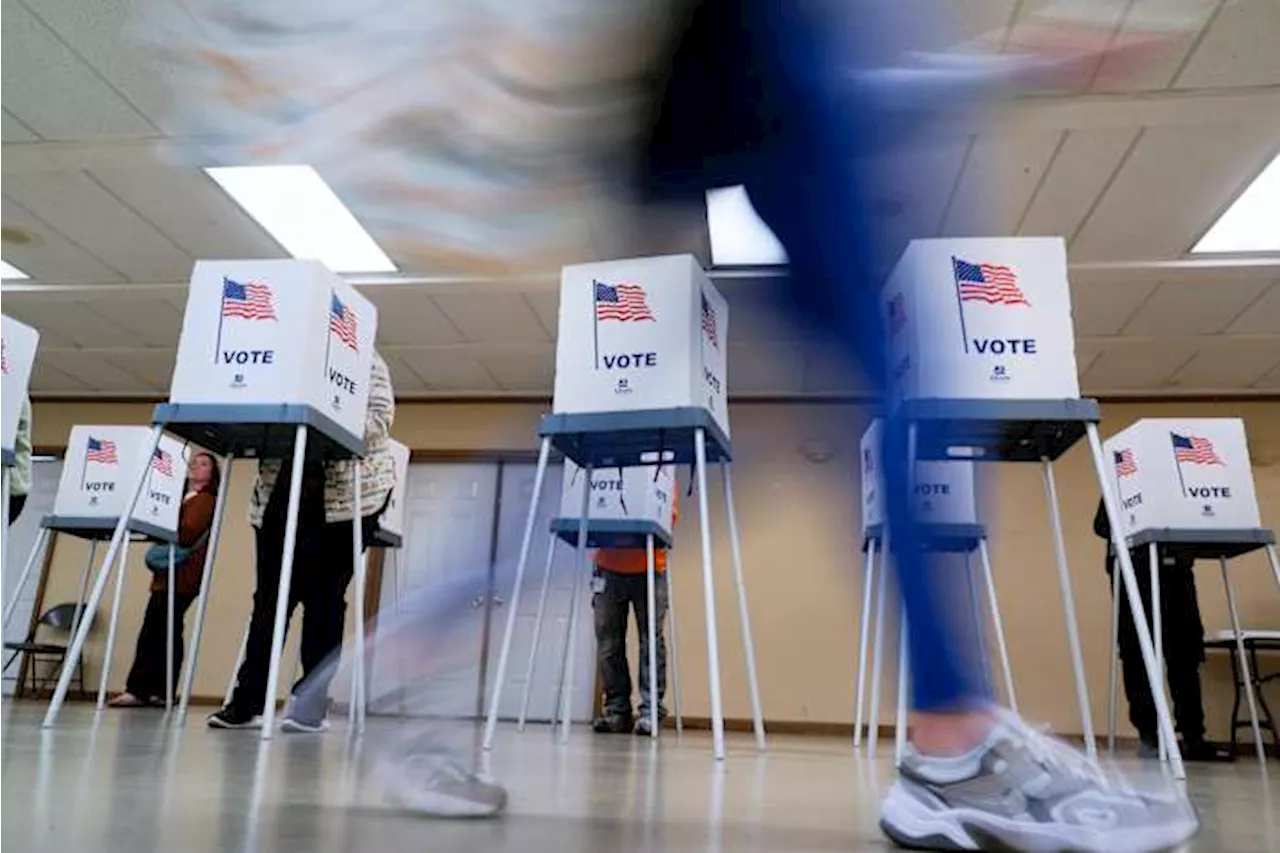 Demographic Shifts Threaten Democratic Party's FutureA deep dive into how the changing demographics of the United States are impacting the Democratic Party's electoral prospects. The article explores the population growth in the South and the decline in traditionally Democratic areas, analyzing its potential consequences for future elections.
Demographic Shifts Threaten Democratic Party's FutureA deep dive into how the changing demographics of the United States are impacting the Democratic Party's electoral prospects. The article explores the population growth in the South and the decline in traditionally Democratic areas, analyzing its potential consequences for future elections.
Read more »
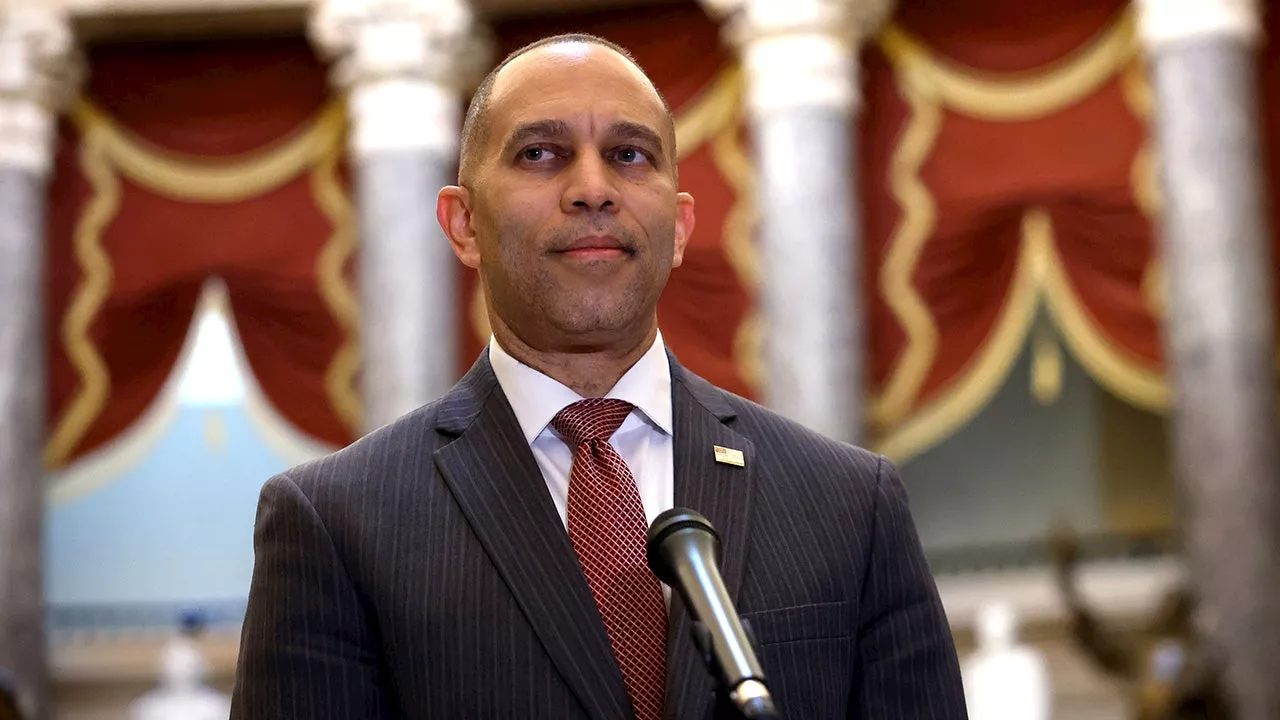 House Democrats Reject New Spending Proposal, Threaten ShutdownHouse Democrats oppose the latest spending plan released by Speaker Mike Johnson, calling it 'not serious' and 'laughable.' The proposal, which includes extending government funding for three months and suspending the debt limit for two years, faces stiff resistance from both Democrats and some Republicans who believe it increases spending without sufficient cuts.
House Democrats Reject New Spending Proposal, Threaten ShutdownHouse Democrats oppose the latest spending plan released by Speaker Mike Johnson, calling it 'not serious' and 'laughable.' The proposal, which includes extending government funding for three months and suspending the debt limit for two years, faces stiff resistance from both Democrats and some Republicans who believe it increases spending without sufficient cuts.
Read more »
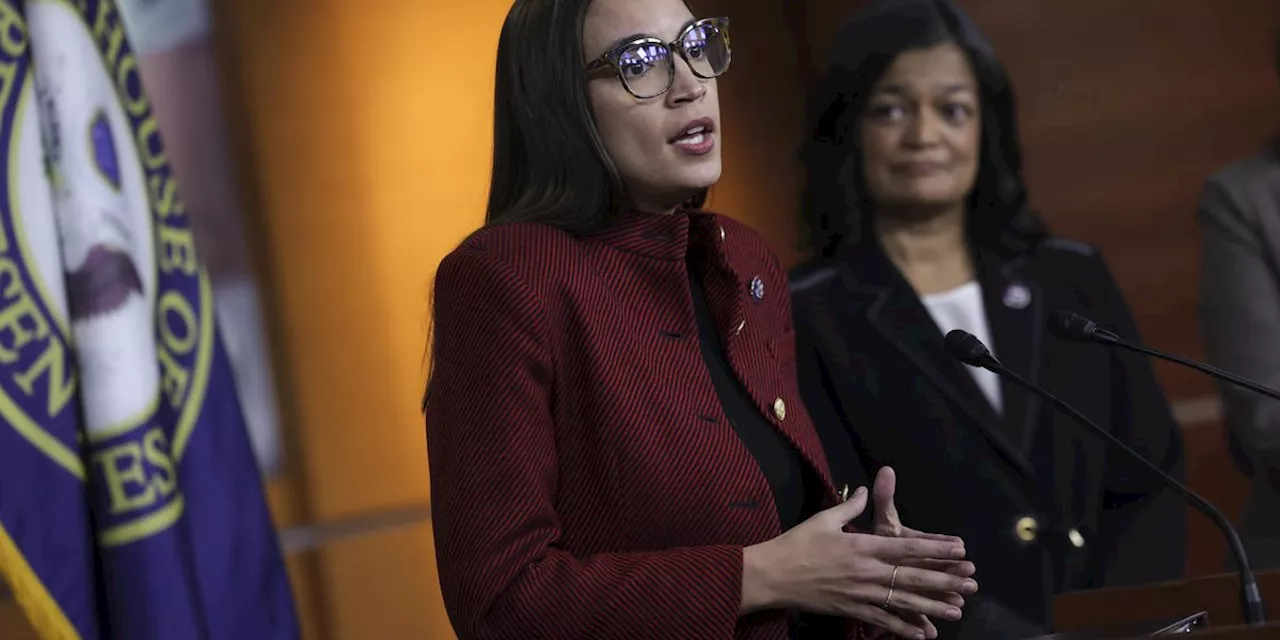 Democrats Slam GOP Spending Bill, Threaten Government ShutdownHouse rejects Republican spending plan amid last-minute negotiations to avert shutdown. Democrats criticize cuts to healthcare and billionaire influence.
Democrats Slam GOP Spending Bill, Threaten Government ShutdownHouse rejects Republican spending plan amid last-minute negotiations to avert shutdown. Democrats criticize cuts to healthcare and billionaire influence.
Read more »
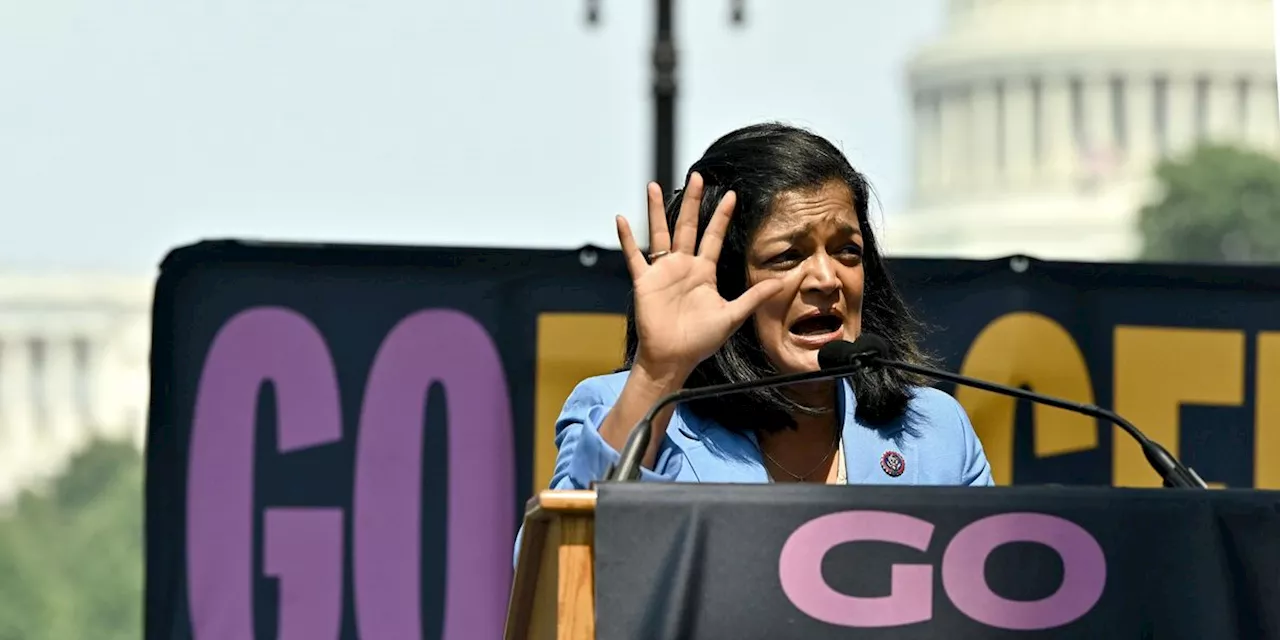 Progressive Democrats Threaten to Block Infrastructure Deal Without Budget ReconciliationHouse progressives are demanding a larger budget reconciliation package to accompany a bipartisan infrastructure deal approved by the Senate. This comes after Senator Kyrsten Sinema's opposition to a $3.5 trillion climate and social spending proposal.
Progressive Democrats Threaten to Block Infrastructure Deal Without Budget ReconciliationHouse progressives are demanding a larger budget reconciliation package to accompany a bipartisan infrastructure deal approved by the Senate. This comes after Senator Kyrsten Sinema's opposition to a $3.5 trillion climate and social spending proposal.
Read more »
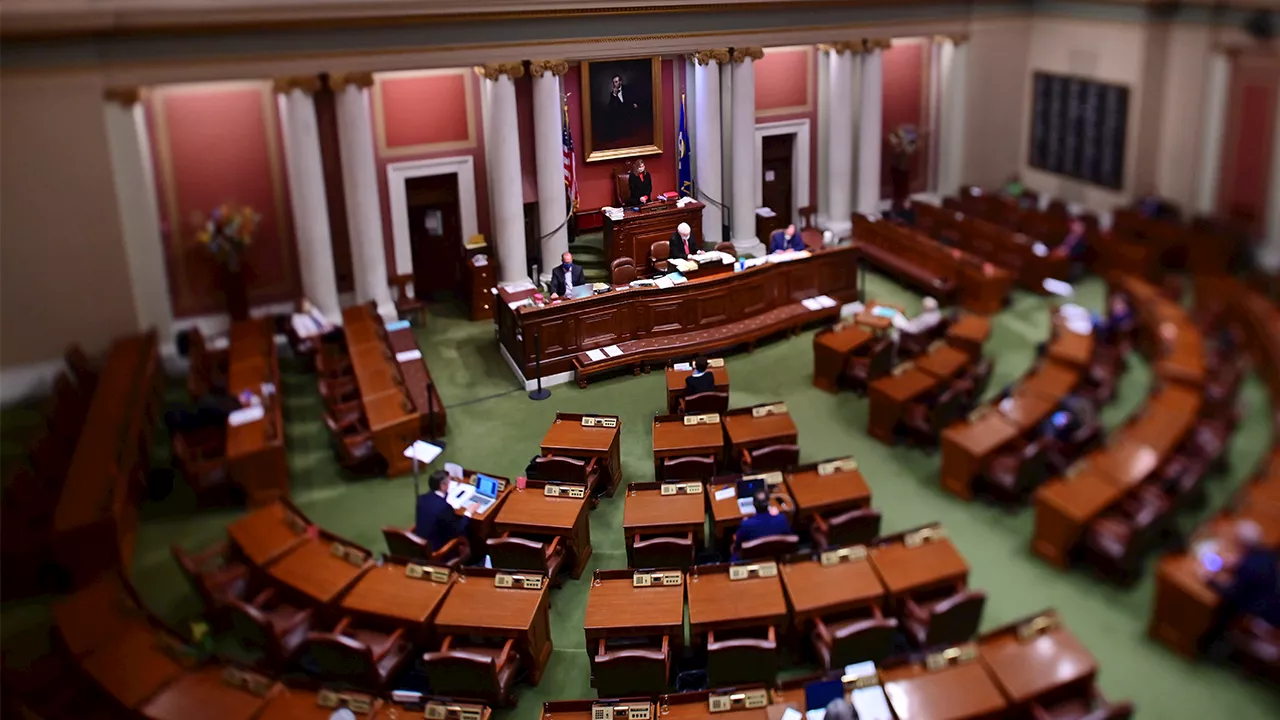 Minnesota House Democrats threaten to skip first two weeks of legislative session, preventing GOP quorumHouse Democrats in Minnesota's legislature are threatening to skip out on the first two weeks of the legislative session starting Jan. 14.
Minnesota House Democrats threaten to skip first two weeks of legislative session, preventing GOP quorumHouse Democrats in Minnesota's legislature are threatening to skip out on the first two weeks of the legislative session starting Jan. 14.
Read more »
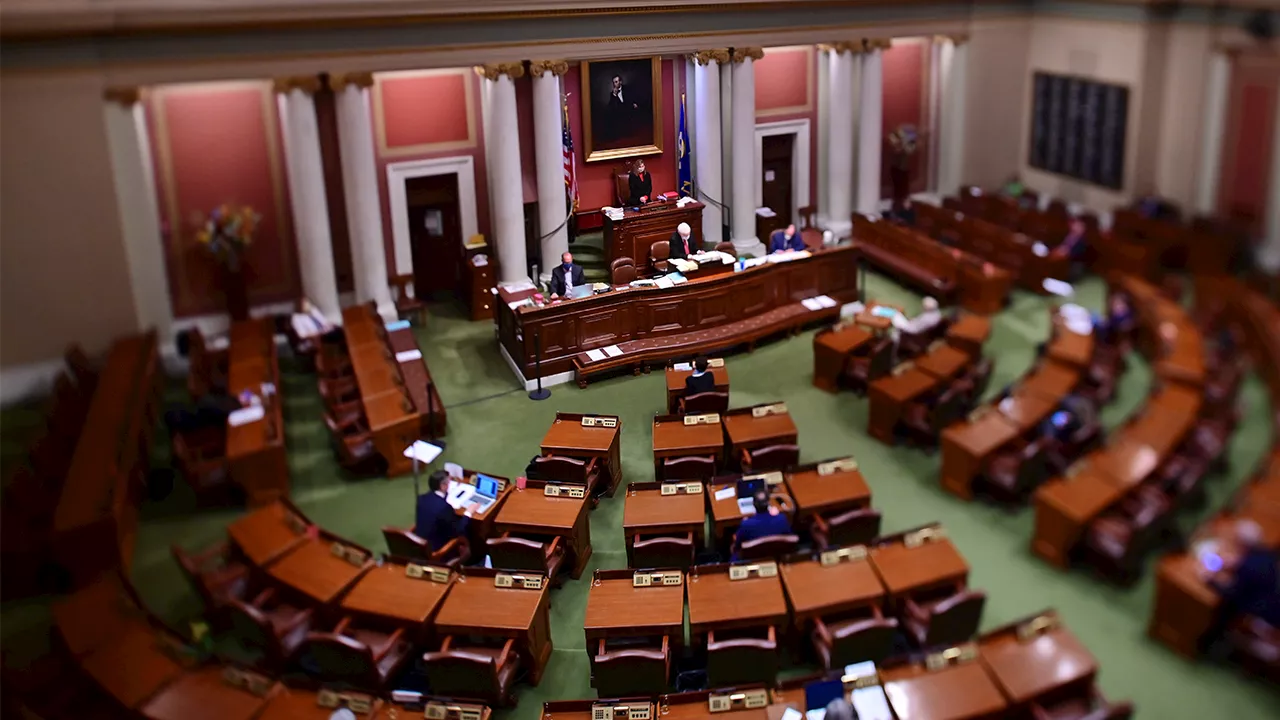 Minnesota House Democrats Threaten to Boycott Session Over Power StruggleMinnesota House Democrats are threatening to boycott the first two weeks of the legislative session over a power struggle with Republicans. The Democrats argue that the House is likely to be tied after a special election in January and that both parties should govern with shared power. Republicans, however, maintain that they have the advantage until then and should be able to elect a speaker to control committees.
Minnesota House Democrats Threaten to Boycott Session Over Power StruggleMinnesota House Democrats are threatening to boycott the first two weeks of the legislative session over a power struggle with Republicans. The Democrats argue that the House is likely to be tied after a special election in January and that both parties should govern with shared power. Republicans, however, maintain that they have the advantage until then and should be able to elect a speaker to control committees.
Read more »
